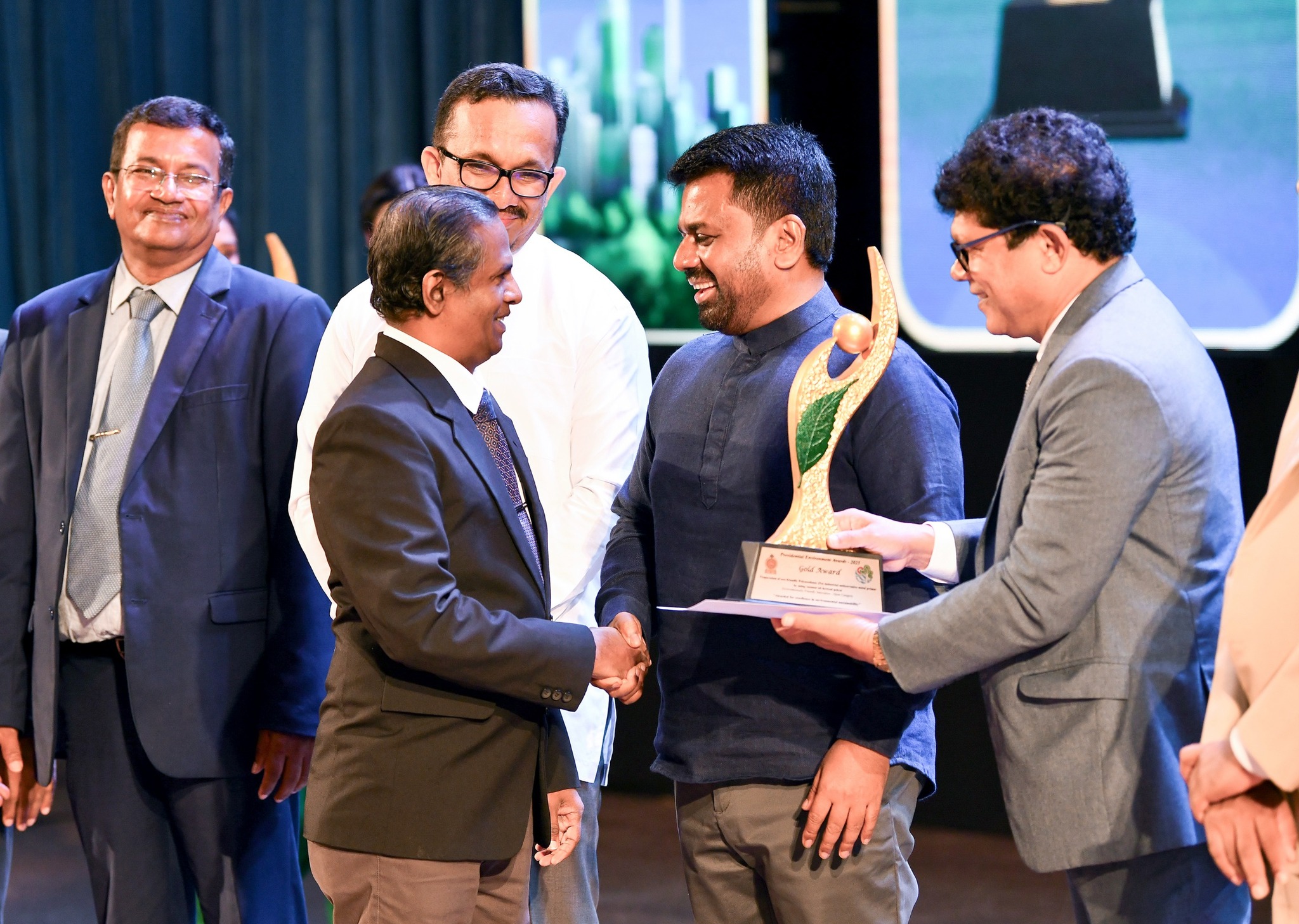Public participation is an important aspect of the EIA process in Sri Lanka. The provision for public participation is contained in the National Environmental Act (NEA).
Once an EIA report is submitted the National Environmental Act provides for public inspection and comment on the EIA report during a mandatory period of 30 days. EIA reports are available for perusal by the public in Sinhala, Tamil and English. These reports are usually kept for public inspection in the CEA Headquarter Library, the relevant Divisional Secretariat Office and PradeshiyaSabha. Any member of the public may send their comments to the Central Environmental Authority or the respective Project Approving Agency, within 30 working days. The Project Approving Agency (PAA) publishes notices in the National Newspapers inviting the public to inspect and comment on the EIA report within 30 days. The notice specifies where and when the EIA report can be inspected. The public have a right to obtain copies of the EIA report from the PAA by paying copying charges. A public hearing may also be held at the discretion of the PAA when it is thought that it would be in the public interest to do so.
The public comments received must be sent to the project proponent for response. The project proponent must respond to comments by making every effort to improve the project.
The IEE reports are not required to open for public comments for a mandatory period of 30 days. However, an IEE report shall be deemed to be a public document and shall open for inspection by the public.
In addition to the above mandatory requirement, the project proponents are always advised to have informal dialogues / consultation with the local people during the EIA study. The project proponent must ensure that the local people get accurate information about the project. If the local community is negatively affected by the project, it is important that the project proponent consult them and obtain their support in proposing mitigation measures to minimize the impacts.
 The 11th Annual Presidential Environment Awards 2025,...
Read more
The 11th Annual Presidential Environment Awards 2025,...
Read more

|
Central Environmental Authority |
|
|
104, Denzil Kobbekaduwa Mawatha, |
|
|
Tel: 011-2872419,011-2872278,011-2873447,011-2873448 |
|




